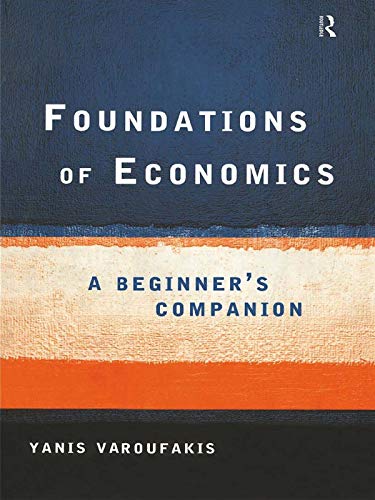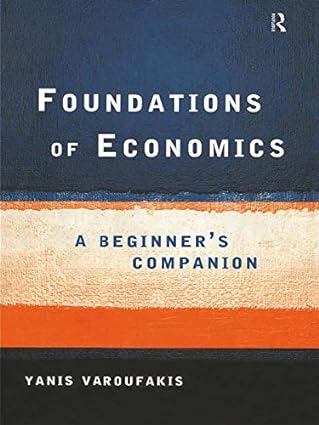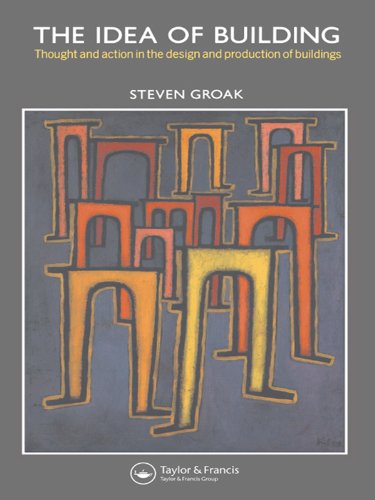
Proportion: Science, Philosophy, Architecture (PDF/EPUB Version)
$18.99
Description
This handbook provides readers with a well-illustrated and readable comparative guide to proportion systems in architecture, setting out the mathematical principles that underlie the main systems and illustrating these with examples of their use in historical and modern buildings. The main body of the text traces the interplay of abstraction and empathy through the history of science, philosophy and architecture from the early Greeks through to the two early twentieth-century architects who made proportion the focus of their work: Le Corbusier and Van der Laan. The book ends with a reflection on the present and future role of proportion in architecture.
eBook features:
- Highlight, take notes, and search in the book

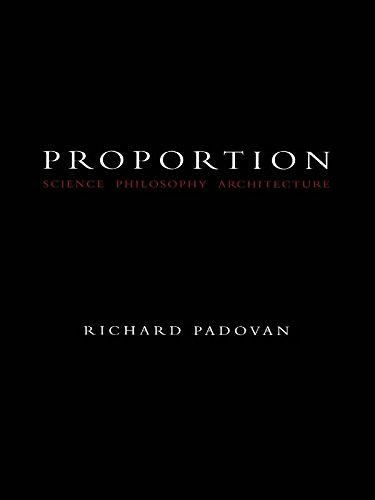
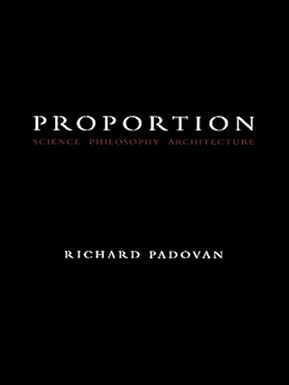
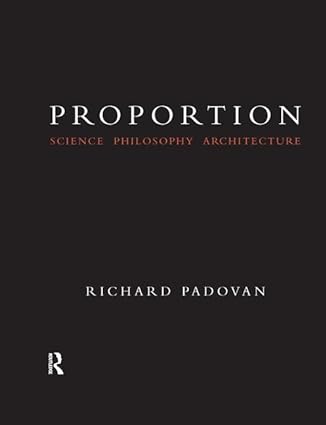
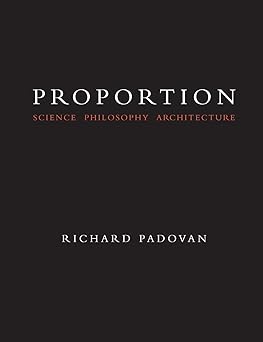
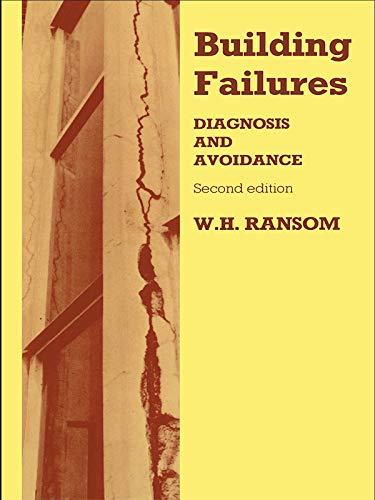
_yltw7aqwts.jpg)
_sv9arrklwn.jpg)
_pybeqjatnb.jpg)
